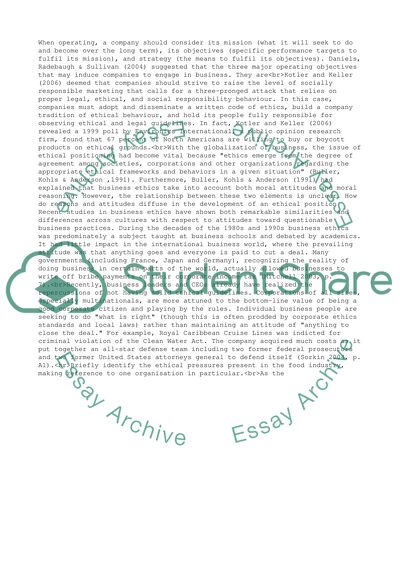Cite this document
(Marketing and Service Strategies in Global Business Essay Example | Topics and Well Written Essays - 4250 words, n.d.)
Marketing and Service Strategies in Global Business Essay Example | Topics and Well Written Essays - 4250 words. https://studentshare.org/business/1514502-marketing-and-service-strategies-in-global-business
Marketing and Service Strategies in Global Business Essay Example | Topics and Well Written Essays - 4250 words. https://studentshare.org/business/1514502-marketing-and-service-strategies-in-global-business
(Marketing and Service Strategies in Global Business Essay Example | Topics and Well Written Essays - 4250 Words)
Marketing and Service Strategies in Global Business Essay Example | Topics and Well Written Essays - 4250 Words. https://studentshare.org/business/1514502-marketing-and-service-strategies-in-global-business.
Marketing and Service Strategies in Global Business Essay Example | Topics and Well Written Essays - 4250 Words. https://studentshare.org/business/1514502-marketing-and-service-strategies-in-global-business.
“Marketing and Service Strategies in Global Business Essay Example | Topics and Well Written Essays - 4250 Words”. https://studentshare.org/business/1514502-marketing-and-service-strategies-in-global-business.


